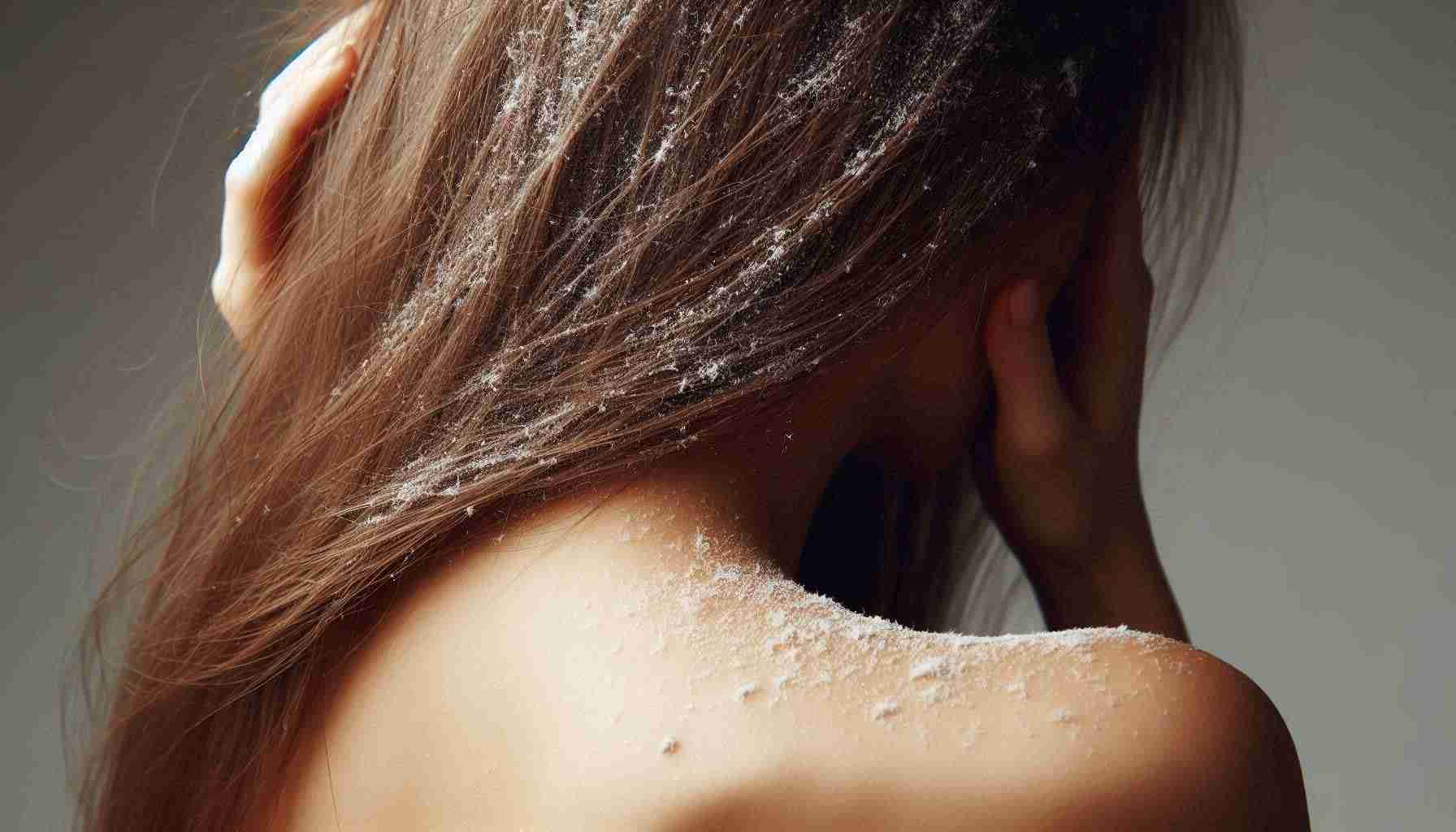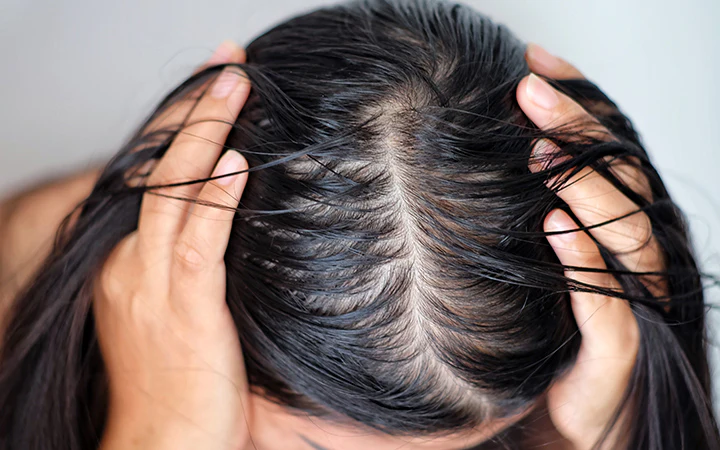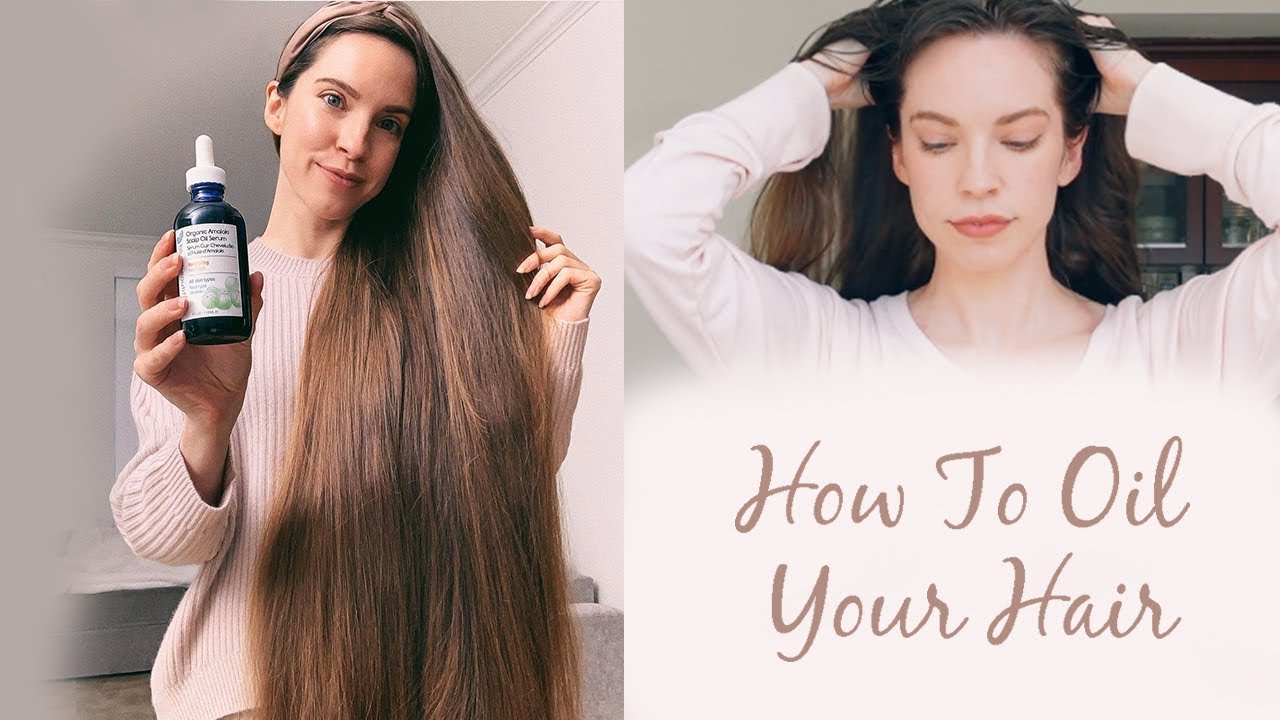Dandruff doesn’t directly cause hair loss, but it can set off a chain of events that weaken your hair and lead to thinning. While dandruff itself is just the buildup of dry, flaky skin on the scalp, the itchiness and irritation it causes can damage your scalp and even disrupt healthy hair growth. To keep your hair strong, it’s important to understand how dandruff can silently contribute to hair loss—and how you can stop it before it starts.
What Exactly Is Dandruff?
Dandruff is a condition where the scalp sheds small, white flakes of dead skin. It’s common, it’s frustrating, but it’s not harmful on its own. What causes it? A variety of factors, including:
- Dry or oily skin
- A fungus called Malassezia, which lives on the scalp and feeds on oils
- Stress, diet, and even certain weather conditions
- Sensitivity to hair products
Dandruff might be uncomfortable and embarrassing, but it’s usually treatable with proper care.
The Hidden Link Between Dandruff and Hair Loss
While dandruff itself doesn’t cause hair loss, it can lead to scalp irritation and conditions that affect hair health. Here’s how:
- Excessive Scratching and Scalp Damage: When dandruff becomes severe, the itching can drive you to scratch your scalp excessively. This habit can damage the skin, leading to inflammation and even scarring around hair follicles. Over time, this weakens hair follicles, causing hair to fall out or grow thinner.
- Underlying Medical Conditions: Certain scalp conditions that mimic dandruff also cause hair loss. These conditions create a perfect storm for both flaky skin and hair thinning:
- Seborrheic Dermatitis: This is a more serious form of dandruff, causing red, scaly patches and inflammation that can damage hair follicles if untreated.
- Scalp Psoriasis: Psoriasis causes thick, silvery scales that can stop hair from growing properly in affected areas.
- Fungal Infections: Scalp ringworm (tinea capitis) and other fungal infections can lead to both dandruff and hair loss in patches, sometimes with intense itching and irritation.
- Unhealthy Hair Care Practices: In an effort to treat dandruff, some people resort to frequent shampooing, aggressive brushing, or tight hairstyles, all of which can weaken hair strands. Over time, these habits contribute to breakage, leaving hair more vulnerable to thinning.
How to Prevent Hair Loss from Dandruff
While dandruff isn’t a direct cause of hair loss, the irritation it brings can create the perfect environment for damage. To prevent dandruff-related hair thinning, here are some simple but effective strategies:
- Treat Dandruff Early: Don’t wait until flakes become severe. Start using anti-dandruff shampoos at the first sign. Choose a formula with active ingredients like zinc pyrithione or ketoconazole, and let it sit on the scalp for a few minutes for full effect.
- Don’t Scratch: Itching is tempting, but resist the urge. Scratching causes micro tears in the scalp that can hurt hair follicles.
- Wash Your Hair Regularly: Keeping your scalp clean is crucial. For most hair types, washing daily or every other day can help manage dandruff. For African American hair, shampooing weekly with a moisturizing formula is often more suitable.
- Condition Your Hair: Dandruff treatments can sometimes dry out your hair, leaving it prone to breakage. Use a high-quality conditioner after each wash to keep your hair soft and protected.
- Avoid Tight Hairstyles: Tightly pulled-back styles like ponytails or buns can cause unnecessary strain on hair follicles, weakening them and slowing hair growth.
When to Seek Medical Help
If you’ve tried dandruff shampoos and the flakes aren’t going away, or if you’re noticing clumps of hair falling out, it’s time to see a dermatologist. Persistent dandruff and hair loss could be signs of an underlying scalp condition that needs medical treatment, such as scalp psoriasis or seborrheic dermatitis.
The Bottom Line: Don’t Let Dandruff Sabotage Your Hair Health
While dandruff alone isn’t responsible for hair loss, it can lead to scalp damage, inflammation, and poor hair health if left untreated. The good news? With the right care, most dandruff issues can be managed at home, keeping your scalp healthy and your hair strong. If dandruff persists or you’re seeing more hair loss than normal, don’t wait—consult a dermatologist to uncover the root cause and get back to healthy hair.



